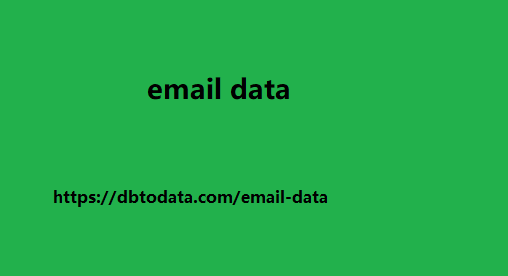The demand for data analysts has surged across industries, and part-time positions are becoming an attractive option for professionals seeking flexibility while still gaining valuable experience. A part-time data analyst typically works fewer hours than a full-time employee but still performs essential tasks such as analyzing data sets, generating reports, and supporting decision-making. Many part-time roles are ideal for individuals looking to balance work with further education, personal commitments, or those pursuing freelance careers. These positions are becoming more prevalent in organizations that need data-driven insights but do not have the budget for full-time hires.
Key Skills for Part-Time Data Analysts
To succeed as a part-time data analyst, one must possess a strong set of technical and analytical skills, including proficiency in data analysis tools like Excel, SQL, and Python. Additionally, familiarity with data visualization tools such as Tableau, Power BI, or Matplotlib is important for creating clear and actionable insights. While technical skills are essential, soft skills such as communication, problem-solving, and the ability to present complex data in an easily understandable way are also crucial. Part-time analysts often need to manage their own time effectively and collaborate remotely, so organizational and self-management skills are key to thriving in such roles.
Career Growth Potential
Although part-time positions are often entry-level or mid-level, they offer substantial opportunities for career growth. Part-time analysts can leverage their role to build experience and expertise in specific industries (finance, healthcare, marketing, etc.), which can open doors to full-time positions or higher-paying contracts. Over time, they may denmark email list take on more responsibility, such as leading small projects, mentoring junior analysts, or overseeing the analytical needs of a department. Some part-time data analysts eventually transition into data scientist or data engineering roles as they gain more experience with advanced techniques, programming languages, and larger datasets. This gradual career progression is common for those who can demonstrate their analytical impact.
Work-Life Balance and Flexibility
One of the key benefits of part-time data analyst roles is the work-life balance they offer. These positions often provide the flexibility to choose hours or even work remotely, which is particularly attractive to individuals who may have other obligations or interests. For students, parents, or those pursuing freelance careers, part-time roles can provide a solid foundation for gaining professional experience while maintaining a flexible schedule. The flexibility also allows analysts to work across different industries or even take on multiple part-time roles, diversifying their skillset and building a well-rounded portfolio.
Challenges Faced by Part-Time Data Analysts
While there are many advantages to part-time roles, they also come with certain challenges. A major hurdle is limited access to career development resources; part-time employees may not have the same training, mentorship, or networking opportunities as their full-time counterparts. There can also be a perception that part-time analysts have less responsibility, which might limit their opportunities for leadership roles. Additionally, part-time roles may not come with the same benefits (health insurance, retirement plans) that proposition and provide relevant information full-time employees enjoy, and some positions may lack job security or long-term stability. Part-time analysts may also face difficulties when working with teams that are primarily full-time, particularly in terms of communication and alignment on goals.
Emerging Opportunities and Trends
The rise of remote work and the increasing reliance on data-driven decision-making are creating new opportunities for part-time data japan data analysts. Companies of all sizes are recognizing the value of data insights but often don’t need a full-time analyst for every department. This is leading to more flexible, part-time roles in industries like e-commerce, technology, healthcare, and finance. Additionally, the growing use of AI and machine learning in data analysis presents opportunities for part-time analysts to gain exposure to cutting-edge technologies. Freelance platforms, such as Upwork and Freelancer, also offer opportunities for part-time analysts to work on a project basis with clients from around the world, further expanding their career prospects.

